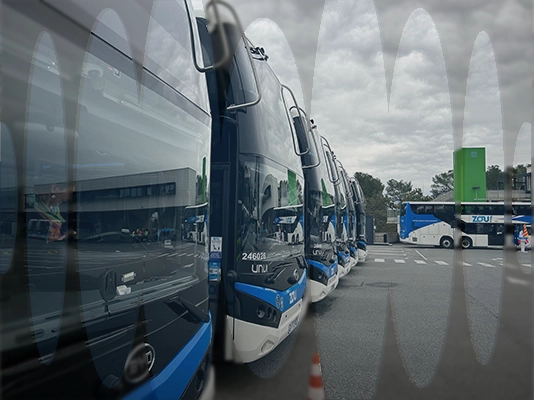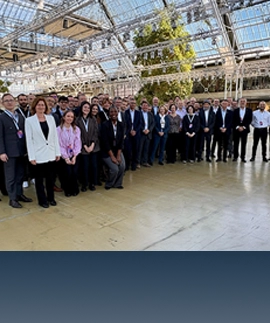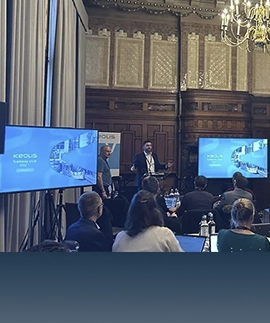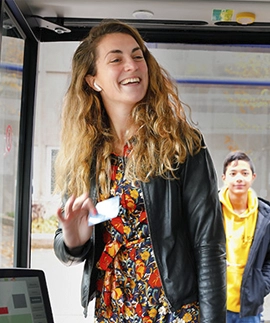Mobility, the “right above all rights”
Getting about means getting on in life. Far from being limited to commuting, mobility shapes the everyday lives of French people and is instrumental in granting them access to their basic rights. According to the survey, while one in two French people aged 15 and above regularly commute for professional reasons (excluding studies), these trips are just part of a much broader need. Seventy percent travel for shopping, 57% for family visits, 29% for medical appointments, and 22% for cultural outings—reasons that make mobility a “right above all rights,” an essential tool to have access to health, education, culture, and employment.




